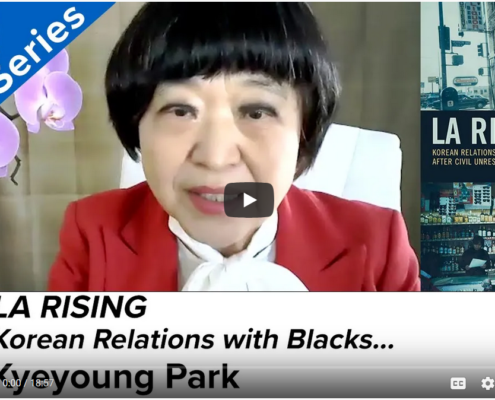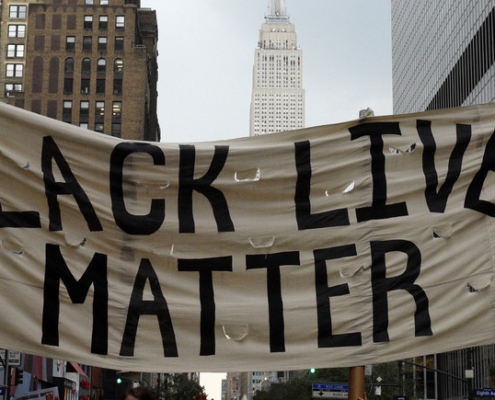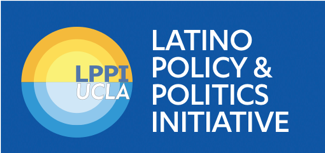Posts

LA Social Science Book Series on Korean Intergroup Relations in LA with Professor Kyeyoung Park
In LA Rising: Korean Relations with Blacks and Latinos after…

UCLA Leadership Releases Statement in Support of Black Lives Matter and Provides Expertise in Protest Coverage
On May 30, 2020, UCLA Leadership released the statement…

UCLA LPPI Brief Finds L.A. Black & Latino Neighborhoods Lack Resources During Safer-at-Home Order
On May 19, 2020, UCLA's Latino Policy and Politics Initiative,…

